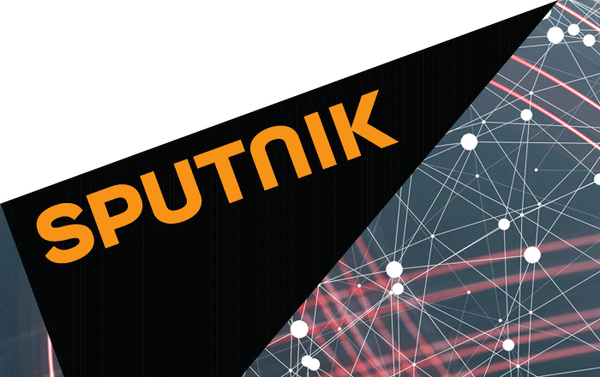Brenton Tarrant's explicitly fascist manifesto leaves no question about the killer's motives but raises serious concerns about how he was radicalized and whether there are more "sleeper cells" like him waiting to strike soft targets that they associate with Muslim migrants. The terrorist apparently hadn't been shy about his beliefs online either, so it's a surprise that he wasn't officially on any government watch lists when considering that his native Australia is part of the "Five Eyes" global surveillance superstructure.
New Zealand Prime Minister Jacinda Ardern vowed to reform her country's gun laws in the immediate aftermath of the tragedy, and it can also be assumed that the state's security services and Australia's will investigate why this terrorist didn't appear on their radar until after he began his attack. Speaking of which, Tarrant notoriously livestreamed the first 17 minutes of his shooting spree on Facebook until the local police made the company aware of it and got the footage taken down, so it's possible that an attempt might be made to regulate social media after what just happened. Relatedly, the West's traditional laissez-faire notions of free speech might also be in the process of changing after two controversial incidents.
Right-wing provocateur Milo Yiannopoulos was banned from entering Australia for his upcoming tour after tweeting inflammatory comments about Islam and later blaming the victims for going to what he described as a "terrorist factory". A few days later, an unnamed individual was arrested in New Zealand for allegedly violating its "Films Videos and Publications Classification Act" by sharing footage of Tarrant's massacre on social media despite the authorities warning people not to. Both cases divided people over the issue of whether the state overstepped its bounds by infringing on free speech or if it was completely in the right for responsibly tackling hate speech before it incited another terrorist attack. While these are the socio-political consequences thus far, many more might soon unfold too.
To discuss this topic in more detail, Andrew Korybko is joined by Christopher Coman, New Zealand political commentator.
Want to sound off and share what you think about this? Send us an email at radio@sputniknews.com or find us on Facebook!


